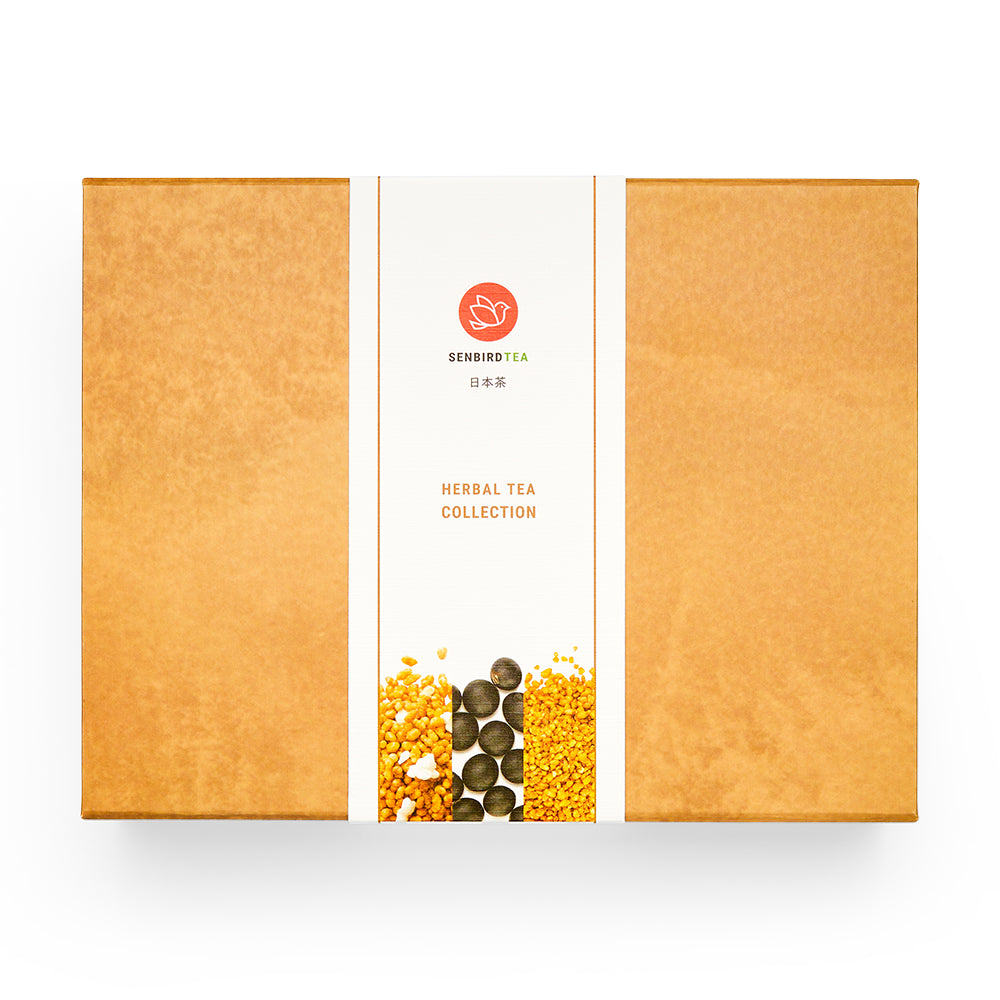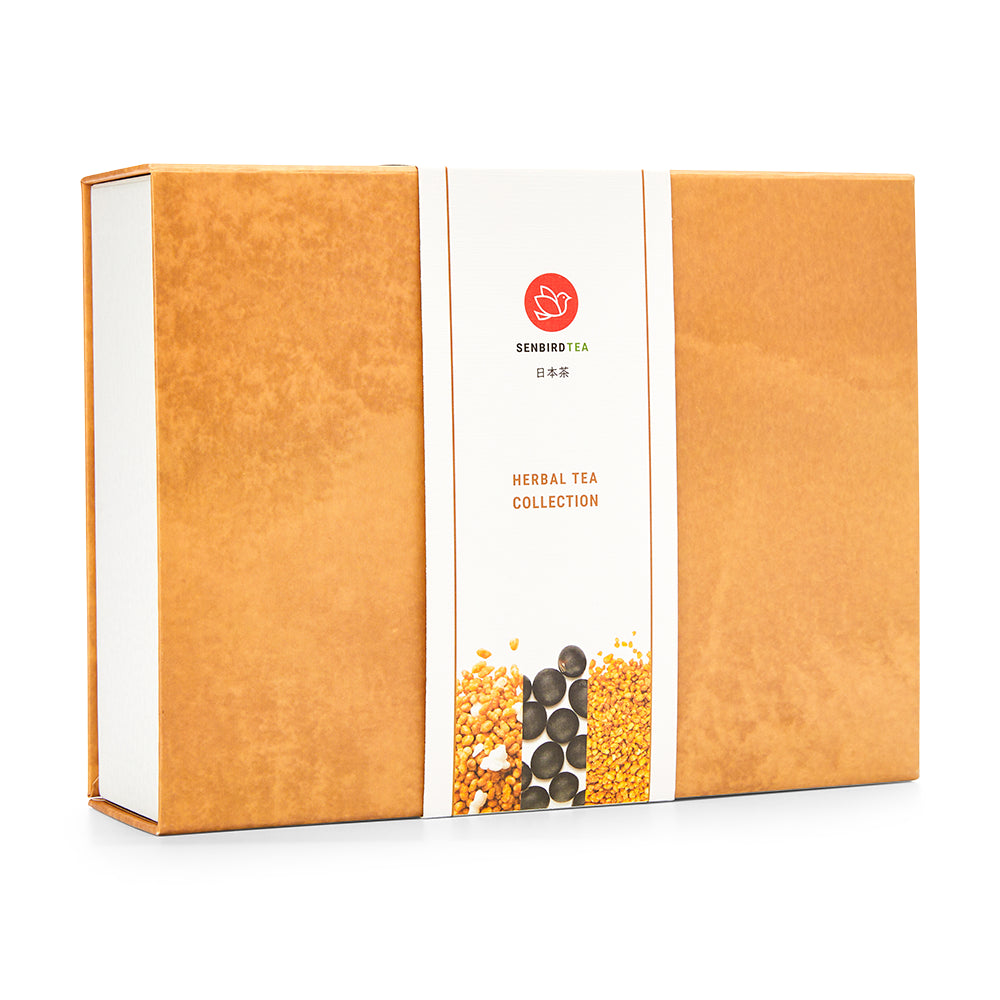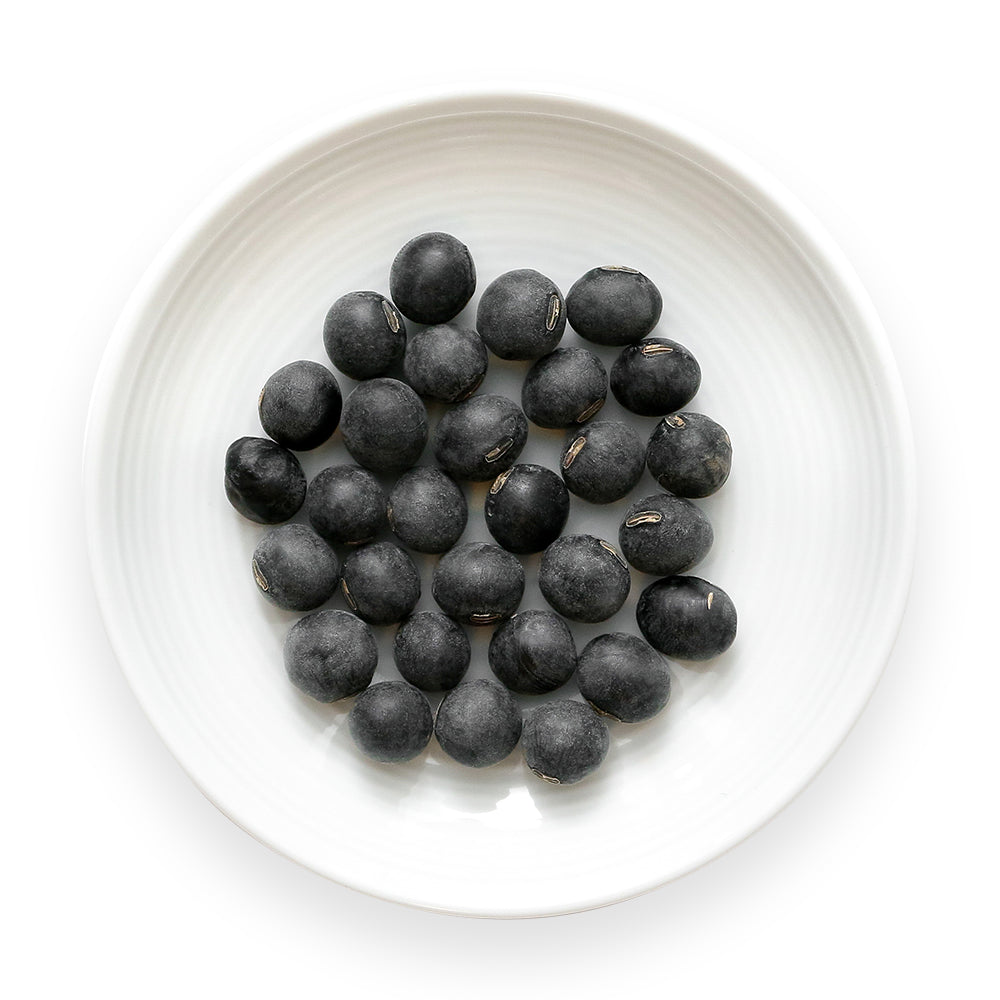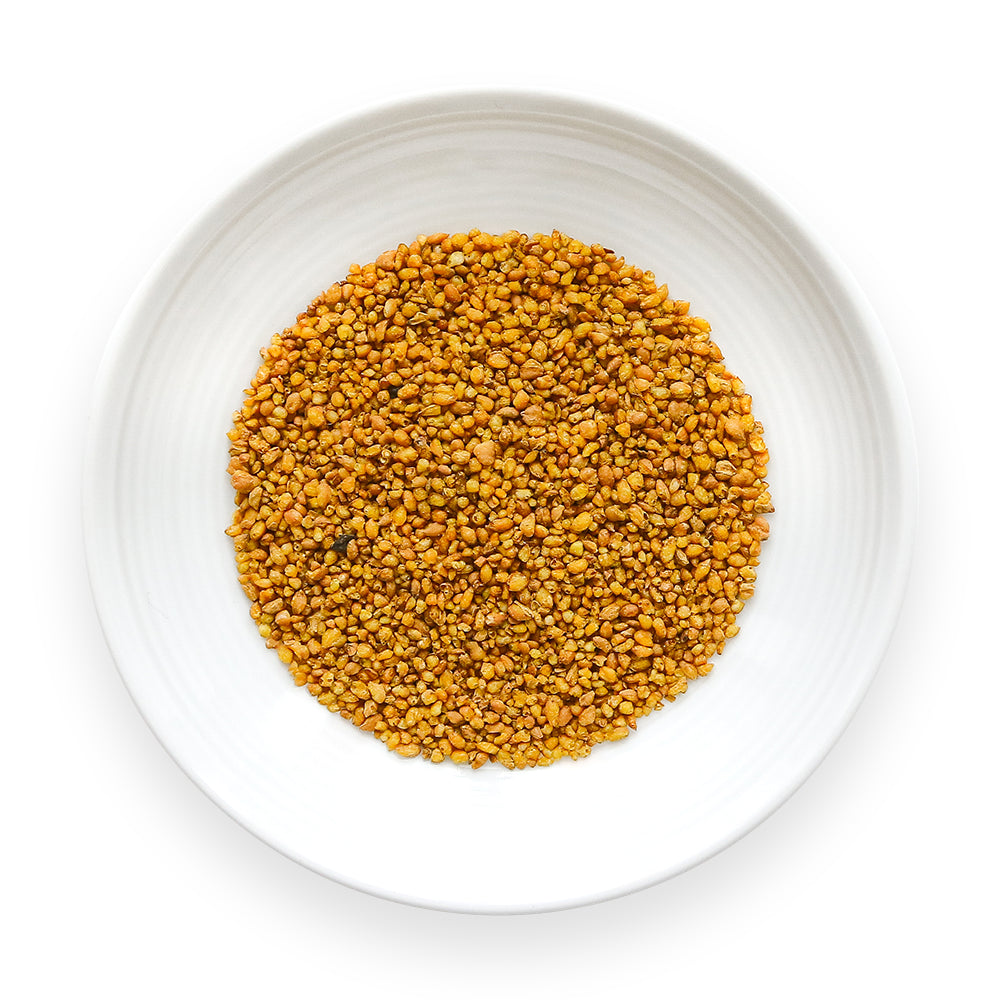


Japanese green tea supports gut health through a combination of polyphenolic catechins, prebiotic polysaccharides, and L-theanine that work together to promote a balanced gut microbiome. Research published in the Journal of Agricultural and Food Chemistry (2019) demonstrated that green tea catechins — particularly epigallocatechin gallate (EGCG) — selectively promote the growth of beneficial Bifidobacterium and Lactobacillus species while inhibiting harmful bacteria like Clostridium perfringens. At Senbird Tea, we believe that understanding the science behind tea and gut health empowers you to make your daily tea ritual a cornerstone of digestive wellness.

The human gut microbiome contains approximately 100 trillion microorganisms representing over 1,000 distinct species, and mounting scientific evidence shows that this microbial ecosystem influences far more than digestion. Research from the Human Microbiome Project and subsequent studies published in Nature (2019) have established that gut health directly impacts immune function (approximately 70% of the immune system resides in the gut), mental health through the gut-brain axis, nutrient absorption, inflammation levels, and even sleep quality.
An imbalanced microbiome — a condition called dysbiosis — has been linked to conditions ranging from irritable bowel syndrome (IBS) and inflammatory bowel disease to anxiety, depression, and autoimmune disorders. The standard modern diet, high in processed foods and low in fiber and polyphenols, tends to reduce microbial diversity over time. This is where Japanese green tea enters the picture: its unique combination of bioactive compounds provides multiple pathways for supporting and restoring gut microbial balance, making it one of the simplest dietary additions for digestive health improvement.
Green tea catechins function as selective antimicrobials and prebiotics in the gut, creating an environment where beneficial bacteria thrive while harmful species are suppressed. A landmark 2020 study at Ohio State University found that participants who consumed green tea extract for four weeks showed measurable increases in beneficial Bifidobacterium populations and decreased markers of gut inflammation compared to placebo groups. The catechin EGCG, which is most concentrated in Japanese green teas like gyokuro and high-grade sencha from Senbird Tea, was identified as the primary active compound.

The mechanism works through several pathways. First, catechins damage the cell membranes of pathogenic bacteria like Clostridium difficile and E. coli while leaving beneficial Lactobacillus species largely unaffected — a selectivity that antibiotics typically lack. Second, unabsorbed catechins that reach the colon are metabolized by gut bacteria into smaller phenolic compounds that further promote beneficial microbial growth. Third, catechins reduce intestinal inflammation by inhibiting NF-κB signaling pathways, creating a less hostile environment for beneficial bacteria to colonize.
Beyond catechins, Japanese green tea contains prebiotic polysaccharides — complex carbohydrates that serve as fuel for beneficial gut bacteria. Research published in Food Chemistry (2018) identified that tea polysaccharides increased short-chain fatty acid (SCFA) production by gut bacteria, particularly butyrate, which nourishes the cells lining the colon and strengthens the intestinal barrier against pathogens and toxins.
Different Japanese tea types offer varying levels of these gut-supporting compounds. The table below compares the prebiotic and gut health properties of popular Japanese teas available at Senbird Tea.
| Tea Type | Key Gut Health Compounds | EGCG Content | Prebiotic Effect | Best For |
|---|---|---|---|---|
| Gyokuro | High catechins, L-theanine, polysaccharides | Very High | Strong — promotes Bifidobacterium growth | Maximum microbiome support |
| Sencha | Balanced catechins, vitamin C, fiber | High | Moderate — broad-spectrum prebiotic activity | Daily gut maintenance |
| Matcha | Whole-leaf catechins, fiber, chlorophyll | Very High (whole leaf) | Strong — delivers insoluble fiber directly | Concentrated gut support |
| Hojicha | Lower catechins, soothing roasted compounds | Low | Mild — gentle on sensitive stomachs | Evening gut comfort |
| Genmaicha | Catechins plus roasted rice fiber | Moderate | Moderate — rice adds soluble fiber | Fiber-boosted digestion |
| Kukicha | Lower catechins, minerals, mild alkalinity | Low | Mild — supports alkaline gut environment | Gentle daily support |
The gut-brain axis — the bidirectional communication network between the gastrointestinal tract and the central nervous system — plays a critical role in digestive health. Stress and anxiety trigger the release of cortisol and inflammatory cytokines that disrupt gut motility, increase intestinal permeability ("leaky gut"), and alter microbiome composition. Japanese green tea addresses this connection through L-theanine, an amino acid found almost exclusively in tea that crosses the blood-brain barrier and promotes alpha brain wave activity associated with calm alertness.

A 2021 study in Nutrients found that L-theanine supplementation reduced stress-related gastrointestinal symptoms by 23% compared to placebo over an eight-week period. Shade-grown Japanese teas like gyokuro and matcha contain the highest L-theanine concentrations — up to five times more than sun-grown sencha — because shading triggers increased amino acid production in the leaves. Senbird Tea's gyokuro and premium matcha are particularly rich in L-theanine, making them ideal choices for those seeking to address stress-related digestive issues through their tea practice.
Incorporating Japanese tea into your gut health routine requires more than simply drinking a cup now and then. These evidence-based habits help you extract the maximum digestive benefits from every brew.
1. Drink green tea between meals: Consuming tea on an empty stomach or between meals allows catechins to reach the gut without interference from food proteins that can bind to polyphenols and reduce their bioavailability. A 30-minute gap before or after meals is sufficient for most people.
2. Brew at the right temperature: Water temperature affects catechin extraction significantly. Brewing sencha at 70–80°C (158–176°F) extracts optimal catechins without releasing excessive tannins that can irritate sensitive stomachs. Gyokuro brewed at 50–60°C (122–140°F) maximizes L-theanine while keeping the brew gentle on the digestive system.
3. Consume matcha for whole-leaf benefits: Because matcha involves consuming the entire ground tea leaf, it delivers the full spectrum of insoluble fiber, chlorophyll, and catechins directly to the gut. A single serving of Senbird Tea's matcha provides roughly 10 times the catechins of a standard cup of steeped green tea, along with dietary fiber that feeds beneficial bacteria.
4. Rotate tea types throughout the day: Different Japanese teas provide different gut health compounds. Start with sencha or gyokuro in the morning for maximum catechin and L-theanine intake, switch to genmaicha after lunch for added rice fiber, and end the day with hojicha for gentle, soothing digestive support with minimal caffeine. This rotation provides diverse prebiotic inputs that promote microbial diversity.
5. Be consistent for at least four weeks: Research shows that meaningful changes to gut microbiome composition require consistent dietary changes over a minimum of three to four weeks. The Ohio State University study that demonstrated green tea's benefits used a four-week protocol. Making Japanese tea a daily habit with Senbird Tea rather than an occasional treat gives your microbiome the sustained input it needs to shift toward a healthier composition.
Yes, Japanese green tea is excellent for gut health. Its catechins (especially EGCG) selectively promote beneficial gut bacteria like Bifidobacterium and Lactobacillus while inhibiting harmful species. Green tea also contains prebiotic polysaccharides that increase short-chain fatty acid production, which nourishes colon cells and strengthens the intestinal barrier. L-theanine in Japanese tea further supports gut health by reducing stress-related digestive disruption through the gut-brain axis.
For overall digestive support, sencha provides the best daily balance of catechins, prebiotics, and gentle caffeine. For maximum gut microbiome benefits, gyokuro and matcha from Senbird Tea deliver the highest concentrations of EGCG and L-theanine. For sensitive stomachs, hojicha is the gentlest option due to its lower catechin content and soothing roasted profile. Genmaicha adds soluble fiber from roasted rice, making it particularly effective for regularity.
Research suggests that 3–5 cups of green tea per day provides optimal gut health benefits. The Ohio State University study used an equivalent of approximately 4–5 cups daily to achieve measurable improvements in gut microbiome composition over four weeks. However, even 1–2 cups daily provides meaningful catechin and prebiotic intake. Start with 2 cups and gradually increase to assess your individual tolerance, especially if you are sensitive to caffeine.
Green tea may help reduce bloating and some IBS symptoms through multiple mechanisms. Its anti-inflammatory catechins reduce gut inflammation that contributes to bloating, while L-theanine calms stress-triggered digestive disruption common in IBS patients. A 2020 study in Digestive Diseases and Sciences found that green tea polyphenols reduced intestinal inflammation markers in IBS patients by 18% over six weeks. However, those with caffeine sensitivity should choose hojicha or low-temperature brewed sencha to avoid potential stimulant effects.
Matcha provides more concentrated gut health benefits per serving than steeped green tea because you consume the entire leaf. This means matcha delivers the full complement of insoluble fiber, chlorophyll, and catechins — roughly 10 times the EGCG of a standard cup of steeped sencha. The fiber in matcha directly feeds beneficial gut bacteria, while the higher catechin load provides stronger selective antimicrobial activity. Senbird Tea recommends matcha as a particularly effective option for those specifically focused on gut microbiome optimization.
ハーブティー ギフトセット
A caffeine-free Japanese herbal tea gift set featuring Sobacha, Kuromamecha, and Genmaicha—perfect for relaxation, wellness, and those who prefer gentle, soothing teas.






